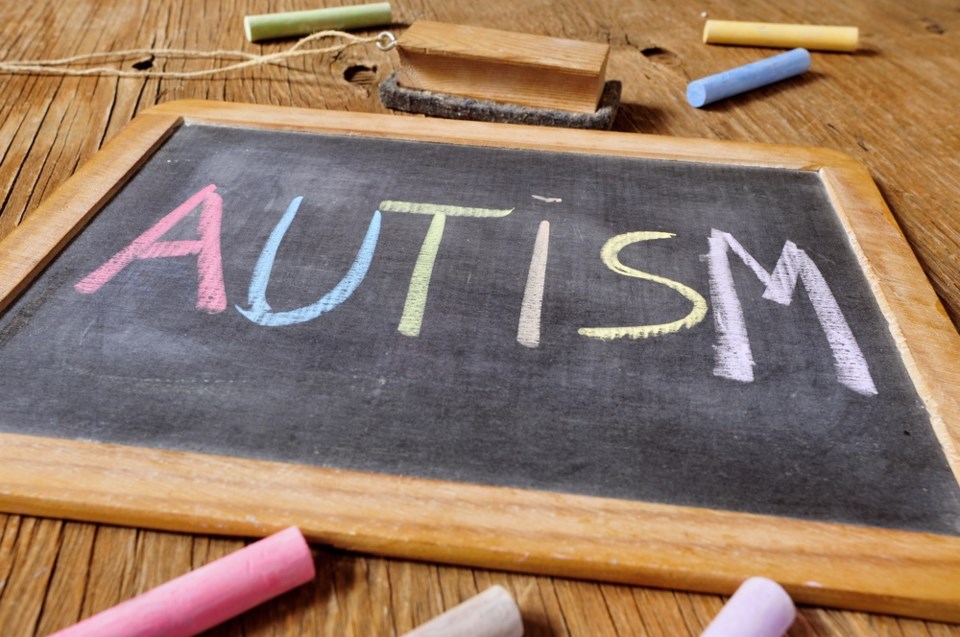A government announcement today should help bring relief to 23,000 children and their families who are currently on a waitlist for autism services.
Reforms to the Ontario Autism Program is raising hope that it will restore fairness, equality, and sustainability to the program.
“The Ontario government invests $321 million dollars each year in autism supports that under the current system leave 3 out of 4 children behind,” said Children, Community and Social Services minister Lisa MacLeod.
"Under the government’s proposed reforms, the waitlist for funding will be cleared in 18 months, people will be treated with fairness and equality, the system will become more financially sustainable, make the system more accountable and to guarantee that supports are there for families with the greatest need, now and well into the future."
With the proposed changes, families may receive a Childhood Budget until their child turns 18. Supports will be targeted to lower and middle-income families. The amount of the budget will depend on the length of time a child will be in the program. For example, a child entering the program at age two would be eligible to receive up to $140,000, while a child entering the program at age seven would receive up to $55,000. These changes will ensure that every child will receive assistance, rather than just 25 per cent of families who currently receive support says a news release.
To be eligible for the Ontario Autism Program, a child must have a diagnosis of Autism Spectrum Disorder from a qualified professional. Families are eligible to apply for program funding for children and youth up to age 18.
Today, there are over 2,400 families waiting for a diagnostic assessment, and more than 23,000 families waiting for behavioural services through the Ontario Autism Program with demand continuing to grow.
Evidence shows that children who receive behavioural intervention therapies between two and five years of age have the best long-term outcomes.
See: Helping Families by Improving Access to Autism Services



